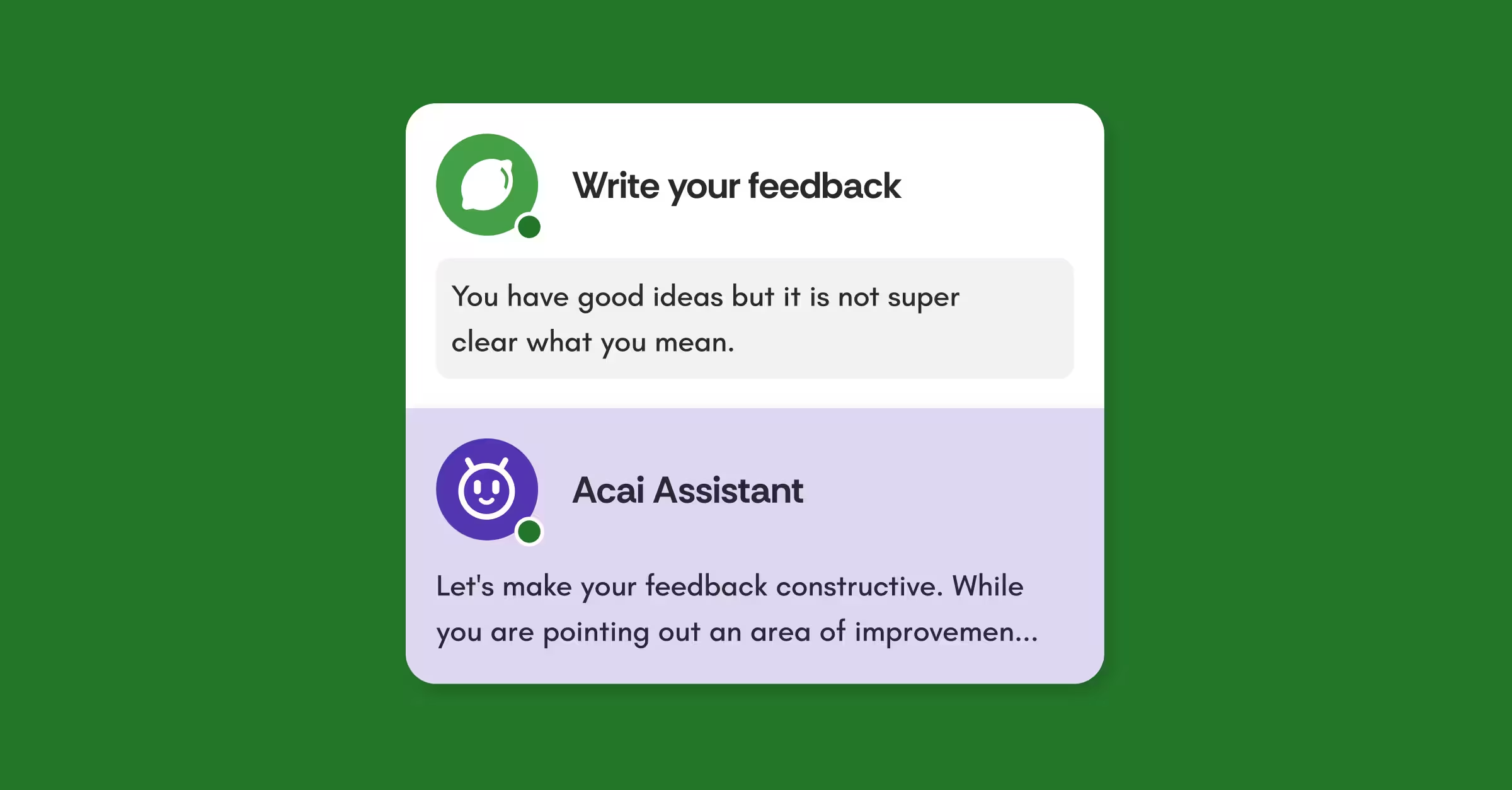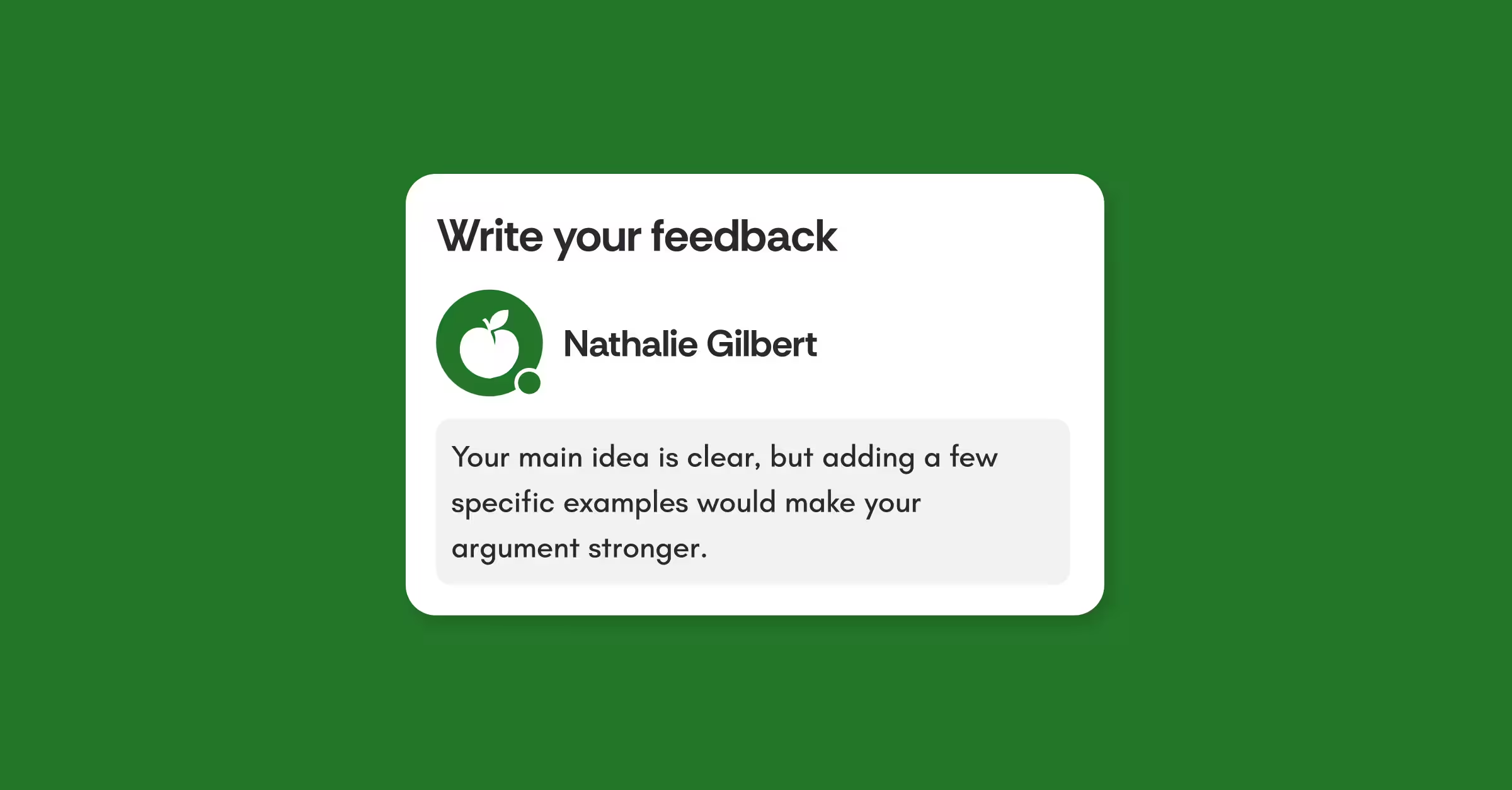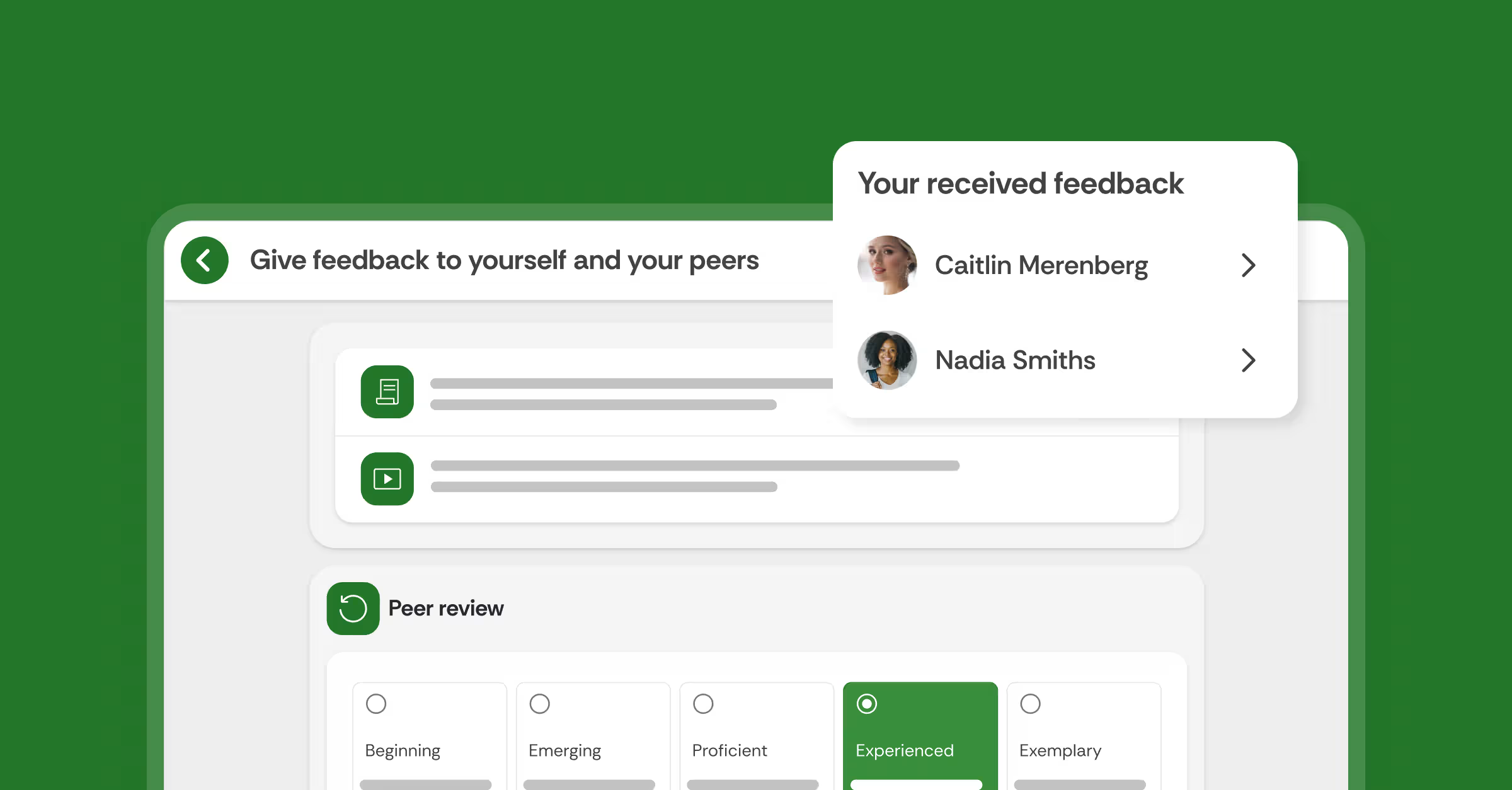Why anonymity can be a valuable element in peer-evaluation?
Because peer assessment is a fundamentally social and collaborative learning activity, learners’ interpersonal beliefs and biais can negatively impact its outcomes. This includes negative feelings caused by interpersonal variables such as friendship, psychological unsafety, fear of disapproval when giving a low score or negative feedback, and distrust in one’s own and others’ evaluative capabilities (Rotsaert et al., 2018).
In order to overcome the issues above, and to reduce bias when students are reviewing, it can be an advantage to perform reviews in an anonymized fashion. Previous research has shown that providing anonymity to assessors can help relieve these interpersonal burdens from students, especially in peer assessment activities in which grades are given (Yu & Liu, 2009). Furthermore, providing anonymity can lead to more positive perceptions towards peer assessment, it can help students to become more willing to give critical feedback (Miyazoe & Anderson, 2011).
FeedbackFruits’ Peer Review allows for double blinded anonymity; where reviewers are not told who authored the submission and submitters are not told who wrote the reviews they receive. In order to hide the identity of the submitters both the Peer Review & Group Member Evaluation tool automatically create pseudonyms when anonymity is enabled. Only the teacher is able to see who wrote the review.
Miyazoe and Anderson (2011) concluded that online pseudonym-based activities are an effective strategy to induce higher production of critically written feedback. The opportunity to use pseudonyms within FeedbackFruits was also highly appreciated by students within the Vrije Universiteit who used the tool this year. The actual VU use case description can be found in the first article of this newsletter.
A disadvantage is that anonymous settings do not reflect daily face to-face (working) situations in which people give and receive feedback with known identities. These critical skills are essential, and using peer feedback to strengthen them is key, because the peer feedback process doesn’t just create a better end product, it can help to craft a more versatile, adaptable, and problem-solving individual. At all times, the teacher is responsible to create a safe and supportive learning environment in which students feel comfortable and confident to assess their peers in a qualitative matter.
















![[New] Competency-Based Assessment](https://no-cache.hubspot.com/cta/default/3782716/interactive-146849337207.png)










